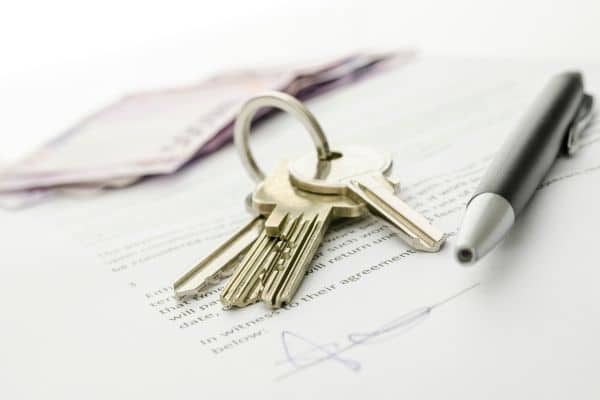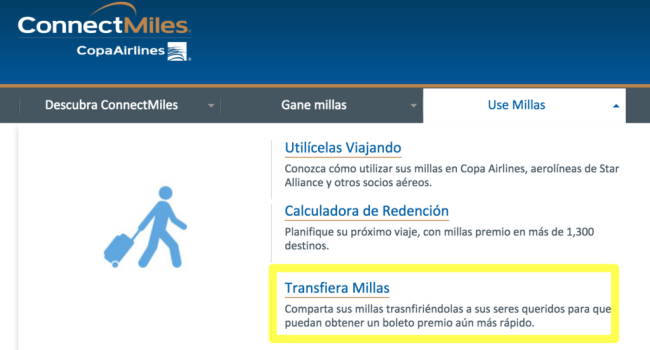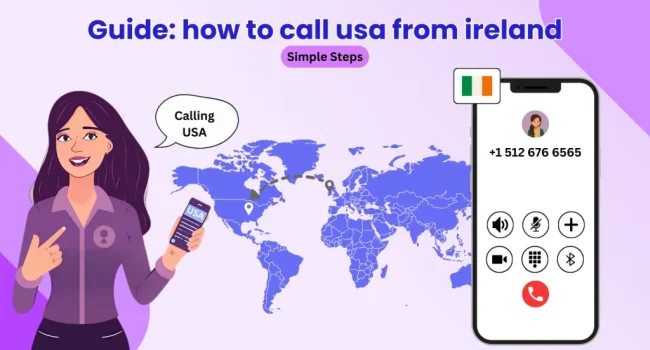
Florida, known for its sunny beaches, warm climate, and vibrant culture, has long been a popular destination for vacationers and retirees. But in recent years, the state has also become increasingly attractive to investors, particularly those interested in buying land in Florida. The state's booming economy and increasing population have driven up land values, making it a potentially lucrative investment.
This comprehensive guide will walk you through the entire process of buying land in Florida, from initial research to closing the deal. We'll cover everything from understanding different types of land to navigating the legalities of buying, and provide valuable tips for making an informed decision.
Puntos Clave
- Florida's real estate market: Florida's real estate market is known for its resilience and potential for growth, making it an appealing option for investors seeking to capitalize on land appreciation.
- Investment potential: Land in Florida can be a valuable investment, offering the potential for significant capital appreciation. As demand for land continues to rise, its value can grow over time.
- Building a dream home: Florida offers a relatively affordable land market and relaxed planning permissions, making it an excellent option for building a custom home.
- Choosing the right location: The location of the land you purchase is crucial to its value. Consider factors like proximity to amenities, infrastructure, and natural beauty.
- Due diligence is key: Thorough research is essential when buying land in Florida. This includes verifying the title, inspecting the property, and understanding any potential environmental hazards.
- Understanding the legal aspects: There are several legal complexities involved in land ownership in Florida, including zoning regulations, property taxes, and homeowner's associations.
- Financial planning is essential: Buying land in Florida requires careful financial planning. Consider your budget, financing options, and any potential costs involved.
- Finding the right professional: Working with experienced real estate professionals, such as a realtor and a lawyer, can significantly streamline the buying process.
Understanding the Florida Land Market
The Appeal of Florida Land
Florida's real estate market has a reputation for being resilient and dynamic, offering opportunities for both short-term and long-term gains. This is particularly true for land. The Sunshine State has experienced a steady influx of residents and investors, driving up demand for land and creating a favorable environment for appreciation.
Factors Driving Land Values in Florida
- Population growth: Florida's population has been steadily increasing for decades, driven by factors like retirement migration, a strong economy, and a desirable lifestyle. This growth puts pressure on land availability, increasing demand and driving prices upward.
- Economic growth: Florida has a robust economy, with strong industries in tourism, healthcare, and technology. As the economy continues to grow, so too does the demand for land for residential, commercial, and industrial development.
- Limited supply: Unlike some other states, Florida has a limited land supply. Much of the state's land is protected by conservation efforts or dedicated to agriculture. This limited supply fuels competition for available land, contributing to higher prices.
Types of Land Available in Florida
When considering how to buy land in Florida, understanding the different types of land available is essential:
- Residential land: This is the most common type of land purchased for building homes. It can range from small lots in subdivisions to larger acreage tracts.
- Commercial land: This type of land is intended for business development, including retail stores, offices, and restaurants.
- Agricultural land: Florida is known for its agriculture, and there are vast tracts of land dedicated to farming. Investing in agricultural land requires specialized knowledge.
- Vacant land: This refers to undeveloped land that may have potential for future development, such as residential or commercial.
- Conservation land: Large portions of land in Florida are protected for environmental conservation. These lands are typically not available for purchase.
Researching and Choosing Your Land
Defining Your Objectives
Before diving into the process of how to buy land in Florida, you need to define your objectives clearly.
- Investment: Are you looking to purchase land for its potential capital appreciation, or do you plan to develop it for future use?
- Building a home: Are you planning to build a dream home on the land, or are you interested in purchasing it for a future project?
- Lifestyle: Are you looking for a specific type of lifestyle, such as a rural setting, a waterfront property, or a suburban community?
Location, Location, Location
The location of your land is paramount to its value. Consider factors like:
- Proximity to amenities: Access to schools, hospitals, shopping centers, and other conveniences is essential.
- Infrastructure: Ensure the area has adequate infrastructure, including roads, utilities, and transportation options.
- Natural beauty: Florida boasts breathtaking natural scenery. Consider proximity to beaches, lakes, parks, and other attractions.
- Zoning regulations: Check local zoning ordinances to ensure your land is suitable for your intended use, whether residential, commercial, or agricultural.
- Property taxes: Property taxes vary by county, so factor these into your financial planning.
Finding the Right Land
- Working with a realtor: A knowledgeable realtor can help you identify properties that meet your needs and budget.
- Online listings: Several websites, including Zillow, Realtor.com, and Land.com, list land for sale.
- Local newspapers and publications: Check local real estate sections in newspapers and magazines for land listings.
- Word of mouth: Networking with local residents or real estate professionals can lead to potential opportunities.
- Driving and scouting: Take the time to drive around areas that interest you and look for "For Sale" signs.
Due Diligence: Ensuring a Sound Investment
Title Verification
- Title search: A title search reveals the ownership history of the property, any liens or encumbrances, and potential issues that could affect your purchase.
- Title insurance: This policy protects you from financial losses if there are undiscovered title defects.
Property Inspection
- Survey: A land survey defines the property boundaries, identifies any encroachments, and provides a clear picture of the land's size and shape.
- Environmental inspection: It's essential to investigate potential environmental hazards, such as soil contamination or flooding risks, that could impact the land's use and value.
Understanding Restrictions and Regulations
- Zoning regulations: Review local zoning ordinances to ensure the land is compatible with your intended use.
- Homeowners associations: If the land is part of a homeowners association (HOA), understand the association's rules and regulations.
- Easements: Easements grant others the right to use or access your property, such as utility lines or access roads.
Additional Resources
- County government websites: Visit the websites of the relevant county government for zoning ordinances, property tax information, and other regulations.
- Florida Department of Environmental Protection: The DEP provides information on environmental regulations and resources.
Negotiating and Closing the Deal
Negotiating the Purchase Price
- Market research: Gather data on comparable properties in the area to negotiate a fair price.
- Inspection reports: Use inspection reports to identify any potential issues that could justify a price reduction.
- Contingencies: Include contingencies in the purchase agreement, such as financing and inspection approvals, to protect yourself.
Financing Your Purchase
- Mortgage loans: Traditional mortgage loans are available for land purchases, but they typically require a larger down payment.
- Land loans: Specialized land loans are offered by some lenders and may have different terms and conditions.
- Cash purchase: If you have the financial resources, purchasing land with cash can simplify the process.
Legal and Financial Aspects
- Real estate attorney: A real estate attorney can review the purchase agreement and ensure your legal rights are protected.
- Closing costs: Expect to incur closing costs, including title insurance, recording fees, and transfer taxes.
- Property taxes: Be prepared to pay property taxes, which are assessed annually based on the value of the land.
Video Recomendado: A Comprehensive Guide on How to Buy Land in Florida: From Research to Ownership
Preguntas Frecuentes
How much does it cost to buy land in Florida?
The cost of land in Florida can vary significantly depending on factors such as location, size, and type. Prices range from a few thousand dollars for small parcels to millions of dollars for large tracts of waterfront property.
What are the potential risks of buying land in Florida?
Like any investment, buying land in Florida involves some potential risks, including:
- Market fluctuations: Land values can fluctuate, and you may not see immediate appreciation.
- Environmental hazards: Unforeseen environmental hazards could negatively impact the value of the land.
- Development delays: Obtaining permits and approvals for development can take time and be subject to delays.
What are the taxes involved in buying land in Florida?
In addition to property taxes, you may also have to pay sales tax on the land purchase if you plan to build a home on it. You may also be subject to capital gains tax if you sell the land for a profit.
What are the requirements for building a home on land in Florida?
To build a home on land in Florida, you will need to obtain building permits from your local government. This process typically involves submitting plans, meeting zoning requirements, and obtaining inspections.
Conclusión
Buying land in Florida can be a rewarding investment, but it's essential to approach the process with careful planning and due diligence. By understanding the market, researching thoroughly, and working with experienced professionals, you can make an informed decision and secure a valuable piece of Florida real estate.
Si quieres conocer otros artículos parecidos a A Comprehensive Guide on How to Buy Land in Florida: From Research to Ownership puedes visitar la categoría Negocios.
Deja una respuesta









También te puede interesar: